Navigating The Future Of Fuel Efficiency: A Look At The 2025 GMC Yukon
Navigating the Future of Fuel Efficiency: A Look at the 2025 GMC Yukon
Navigating the Future of Fuel Efficiency: A Look at the 2025 GMC Yukon
Introduction
In this auspicious occasion, we are delighted to delve into the intriguing topic related to Navigating the Future of Fuel Efficiency: A Look at the 2025 GMC Yukon. Let’s weave interesting information and offer fresh perspectives to the readers.
Table of Content
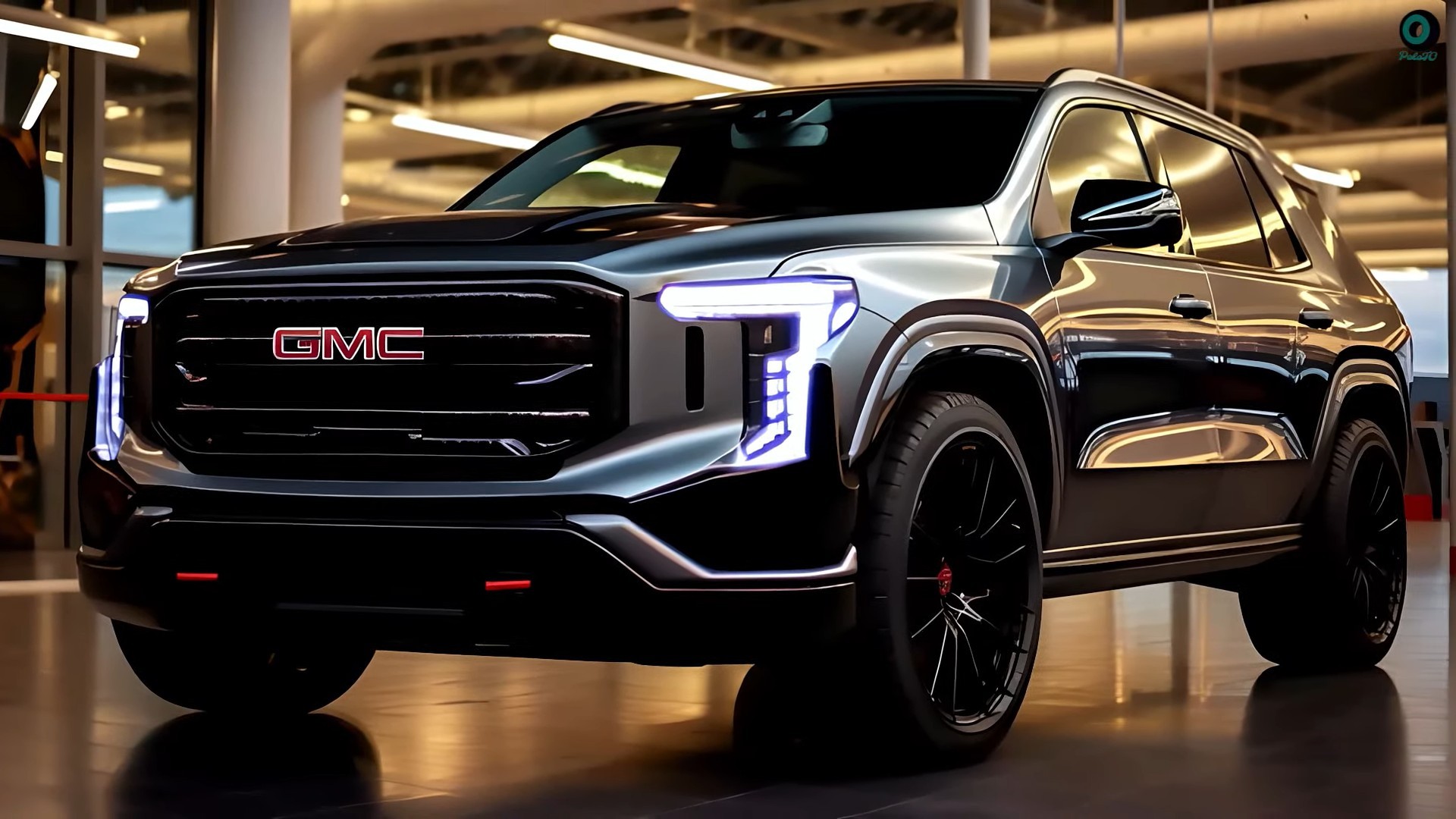
Navigating the Future of Fuel Efficiency: A Look at the 2025 GMC Yukon
The 2025 GMC Yukon, a symbol of luxury and capability, is poised to make significant strides in fuel efficiency. While specific figures are not yet available, the automotive industry is undergoing a transformation, driven by environmental concerns and evolving consumer demands. This shift towards greater fuel economy is likely to be reflected in the 2025 Yukon, offering drivers a compelling blend of performance and responsible driving.
Understanding the Forces at Play
Several factors contribute to the anticipated improvement in the 2025 Yukon’s fuel economy:
- Stringent Fuel Economy Standards: Government regulations are tightening, pushing manufacturers to develop vehicles that consume less fuel. This is driven by the need to reduce greenhouse gas emissions and promote energy independence.
- Technological Advancements: The automotive industry is witnessing rapid advancements in engine technology, hybrid systems, and electrification. These innovations are paving the way for more efficient vehicles with lower emissions.
- Consumer Demand: Consumers are increasingly prioritizing fuel efficiency as a major factor in their purchasing decisions. This growing awareness of environmental impact is influencing car manufacturers to prioritize fuel-saving technologies.
Potential Fuel-Saving Features
The 2025 GMC Yukon is likely to incorporate a range of technologies to enhance its fuel efficiency. These may include:
- Engine Optimization: Improved engine design and fuel injection systems can optimize fuel combustion, leading to better mileage.
- Hybrid Powertrains: The integration of electric motors and battery systems could provide additional power and reduce reliance on the gasoline engine, resulting in significant fuel savings.
- Aerodynamic Enhancements: Streamlining the vehicle’s design and reducing drag can improve fuel efficiency.
- Weight Reduction: Using lightweight materials in the construction of the vehicle can contribute to better fuel economy.
- Advanced Transmission Systems: Sophisticated transmissions can optimize gear ratios for efficient fuel use.
- Start-Stop Technology: This feature automatically shuts off the engine when the vehicle is stopped, saving fuel.
Benefits of Enhanced Fuel Economy
The improved fuel efficiency of the 2025 Yukon offers numerous benefits:
- Reduced Fuel Costs: Lower fuel consumption translates into significant savings on fuel expenses, making vehicle ownership more affordable.
- Lower Emissions: Reduced fuel consumption directly contributes to lower greenhouse gas emissions, promoting cleaner air and a healthier environment.
- Increased Range: Better fuel economy extends the vehicle’s driving range, allowing for longer journeys without frequent refueling.
- Enhanced Performance: Hybrid powertrains can provide a boost in acceleration and overall performance, while still delivering fuel efficiency.
FAQs about 2025 GMC Yukon Fuel Economy
Q: Will the 2025 Yukon be a fully electric vehicle?
A: While an all-electric Yukon is a possibility in the future, it is unlikely to be available in 2025. However, hybrid powertrain options are highly probable, offering a blend of gasoline and electric power for improved fuel economy.
Q: How will the 2025 Yukon’s fuel economy compare to previous models?
A: The 2025 Yukon is expected to achieve significantly better fuel economy than its predecessors. The exact figures will depend on the specific engine and powertrain options offered.
Q: What can I do to maximize the fuel efficiency of my 2025 Yukon?
A: To maximize fuel economy, drivers can follow these tips:
- Drive at Moderate Speeds: Excessive speeding significantly increases fuel consumption.
- Maintain Proper Tire Pressure: Underinflated tires can decrease fuel efficiency.
- Avoid Aggressive Acceleration and Braking: Smooth driving habits conserve fuel.
- Use Cruise Control on Highways: Maintaining a constant speed helps optimize fuel use.
- Minimize Idling: Shut off the engine when parked for extended periods.
Conclusion
The 2025 GMC Yukon is expected to showcase a commitment to responsible driving by offering enhanced fuel efficiency. This will be achieved through a combination of technological advancements, regulatory pressures, and consumer demand. The improved fuel economy will benefit drivers through reduced fuel costs, lower emissions, and a more sustainable driving experience. While specific fuel economy figures remain to be announced, the future of the GMC Yukon appears bright, promising a balance between performance and environmental responsibility.


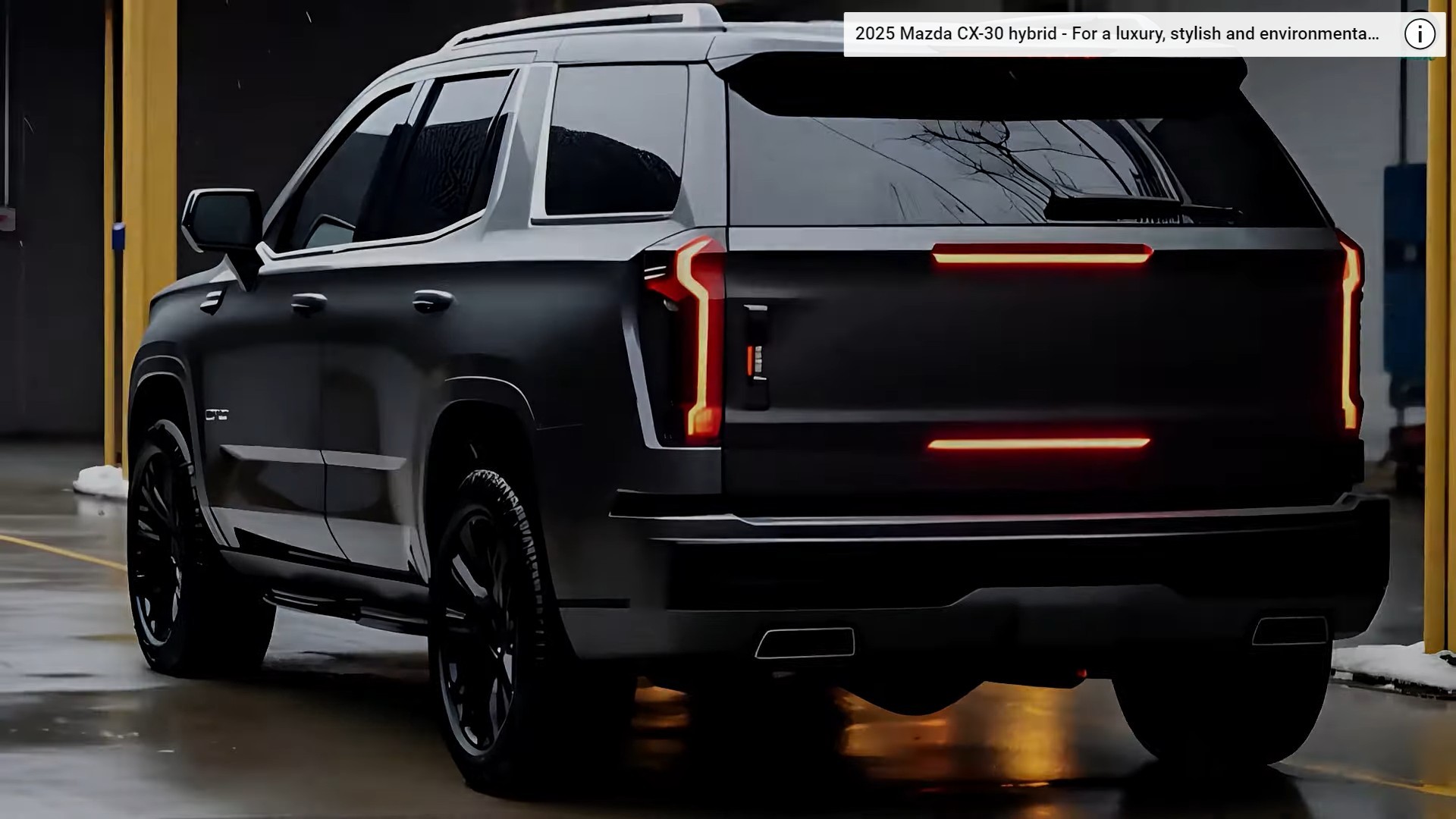

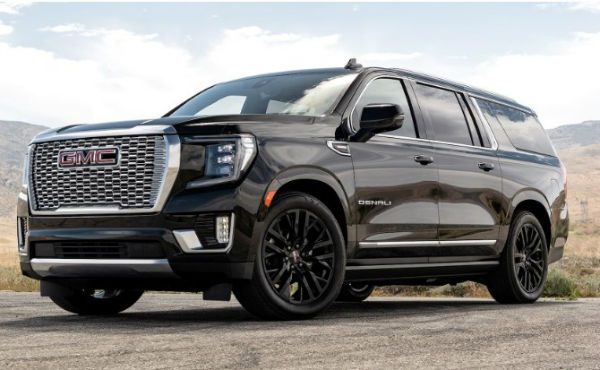
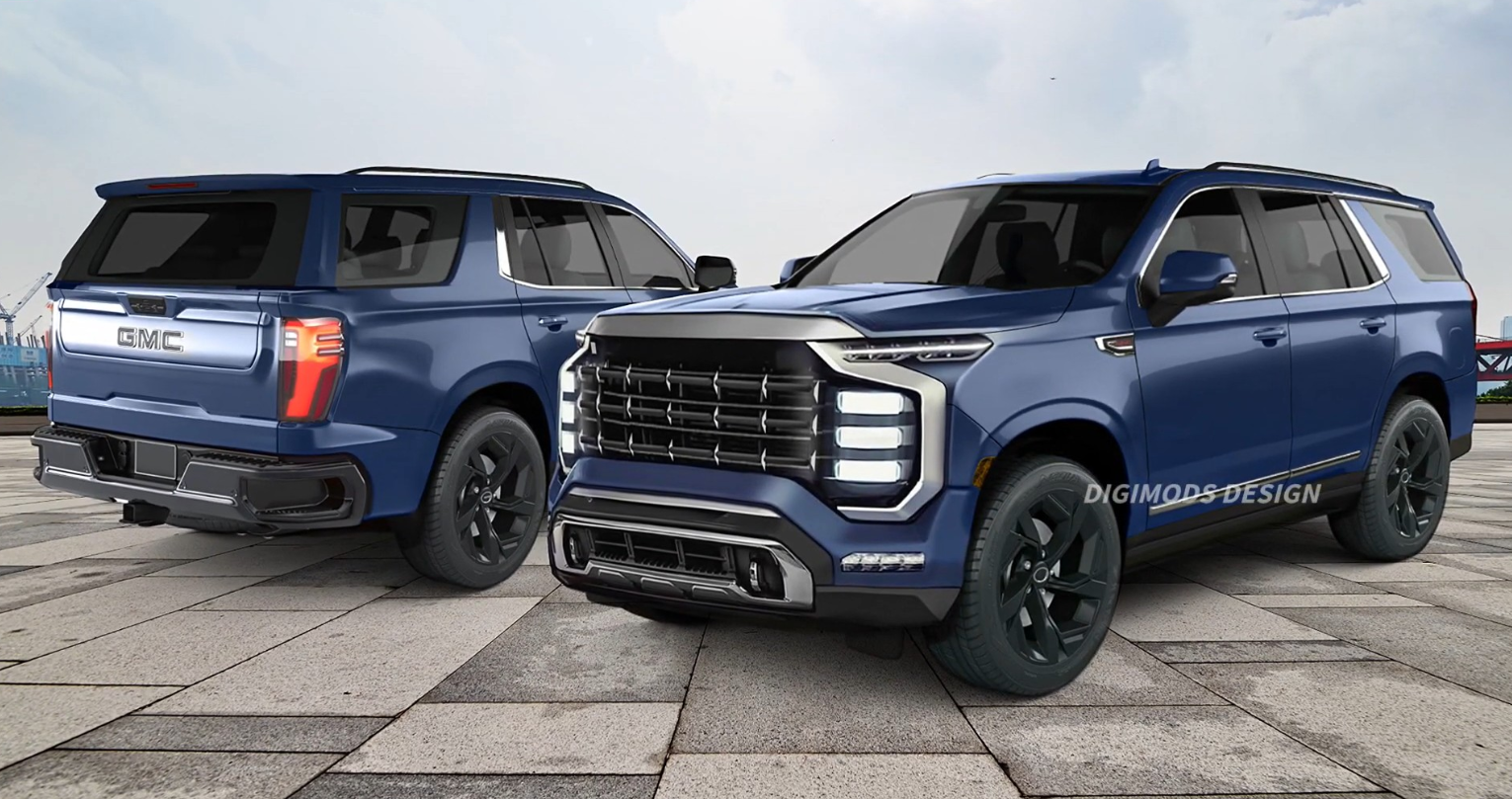
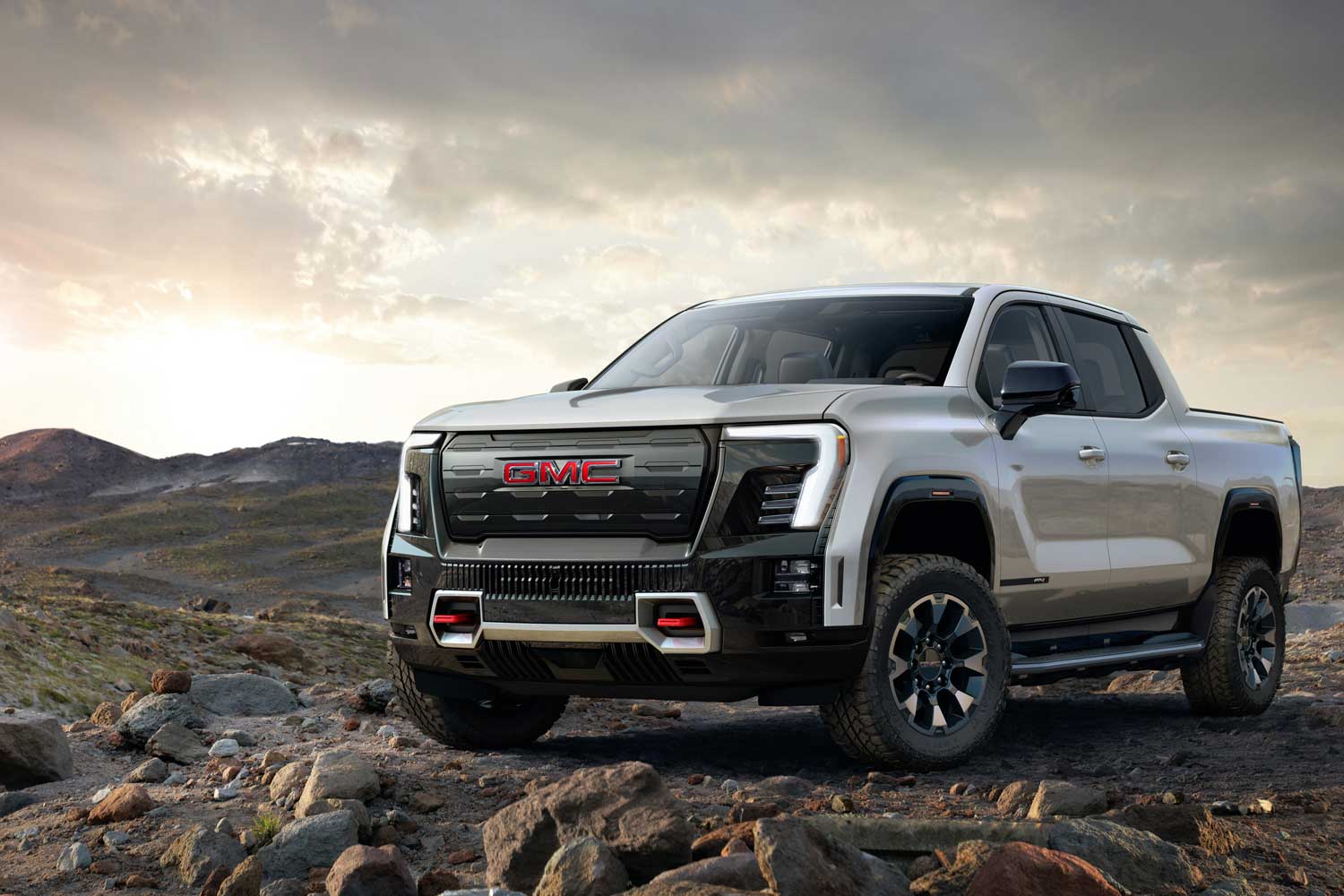

Closure
Thus, we hope this article has provided valuable insights into Navigating the Future of Fuel Efficiency: A Look at the 2025 GMC Yukon. We thank you for taking the time to read this article. See you in our next article!